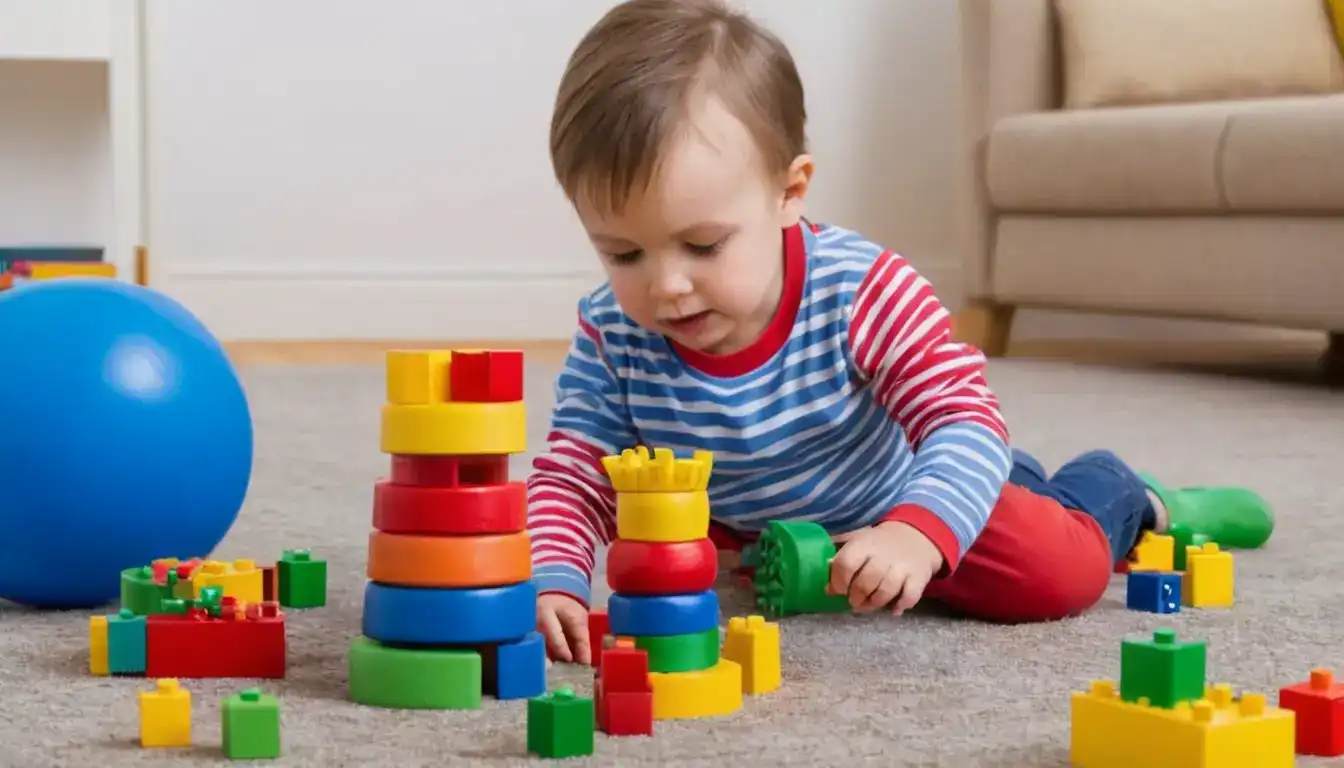Critical Thinking in Education: Cultivating Analytical and Problem-Solving Skills
Emily Willis
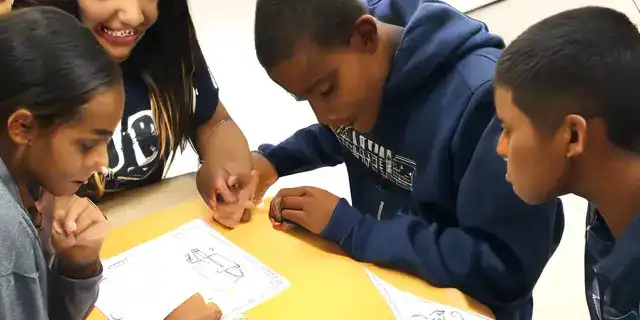
Photo: Critical Thinking in Education: Cultivating Analytical and Problem-Solving Skills
Critical thinking is a vital skill that plays a significant role in education, preparing students to navigate complex challenges and make informed decisions in various aspects of life. In today's rapidly evolving world, where information is abundant and change is constant, fostering critical thinking skills is more crucial than ever. This article explores the importance of critical thinking in education, its benefits, and practical strategies to cultivate analytical and problem-solving abilities among students.
Understanding Critical Thinking
Critical thinking encompasses the ability to analyze, evaluate, and interpret information objectively and systematically. It involves questioning assumptions, considering multiple perspectives, and arriving at well-reasoned conclusions. This skill empowers individuals to make informed decisions, solve problems effectively, and engage in constructive dialogue.
Importance of Critical Thinking in Education
Enhanced Problem-Solving Skills: Critical thinkers excel in identifying root causes of problems, evaluating potential solutions, and implementing effective strategies. This capability is invaluable in academic settings and prepares students for real-world challenges.
Promotion of Creativity and Innovation: By encouraging students to think critically, educators foster creativity and innovation. Critical thinkers are more likely to explore unconventional ideas, challenge existing norms, and develop innovative solutions to complex problems.
Improved Decision-Making Abilities: Education that emphasizes critical thinking equips students with the skills to weigh evidence, consider alternatives, and make reasoned decisions. This competency extends beyond academic settings and is applicable in personal, professional, and societal contexts.
Development of Analytical Skills: Analytical thinking is a cornerstone of critical thinking. Students learn to analyze data, evaluate arguments, and draw logical conclusions. These skills are essential for academic success and lifelong learning.
Effective Communication: Critical thinkers articulate their thoughts clearly and persuasively. They can communicate complex ideas, engage in meaningful discussions, and collaborate effectively with others. Strong communication skills enhance academic performance and facilitate professional success.
Strategies for Cultivating Critical Thinking Skills
Encourage Questioning: Create an environment where students feel comfortable questioning information, assumptions, and conclusions. Encourage them to ask "why" and "how" to deepen their understanding of concepts.
Promote Active Learning: Incorporate activities that require students to analyze, evaluate, and apply information. Case studies, debates, and problem-solving exercises stimulate critical thinking and foster intellectual engagement.
Develop Information Literacy: Teach students to evaluate the credibility and reliability of sources. Encourage them to differentiate between fact and opinion, recognize bias, and seek diverse perspectives on issues.
Integrate Cross-Disciplinary Approaches: Critical thinking transcends disciplinary boundaries. Encourage interdisciplinary learning experiences that encourage students to apply knowledge and skills from multiple disciplines to solve complex problems.
Provide Feedback and Reflection: Offer constructive feedback that encourages students to reflect on their thinking processes and identify areas for improvement. Encourage self-assessment and peer evaluation to promote continuous growth.
Use Real-World Examples: Connect classroom learning to real-world scenarios and current events. Analyze case studies, historical events, or scientific discoveries to illustrate the application of critical thinking in practical contexts.
Challenges and Opportunities
While critical thinking is invaluable, its development may face challenges such as entrenched beliefs, information overload, and resistance to change. However, overcoming these challenges presents opportunities for educators to innovate teaching methodologies, foster intellectual curiosity, and empower students to become lifelong learners.
Conclusion
In conclusion, cultivating critical thinking skills in education is essential for preparing students to thrive in a complex and interconnected world. By fostering analytical reasoning, problem-solving abilities, and effective communication, educators empower students to make informed decisions, contribute meaningfully to society, and adapt to future challenges. Emphasizing critical thinking not only enhances academic achievement but also equips individuals with the skills necessary for personal and professional success.
By integrating strategies that promote questioning, active learning, information literacy, cross-disciplinary approaches, feedback, and real-world applications, educators can nurture a generation of critical thinkers who are prepared to address global challenges and drive positive change.
Latest ✨
View AllDiscover how IoT transforms businesses, boosting efficiency, productivity, and data-driven decisions. Leverage connected technology for competitive growth.
Emily Willis
Blockchain technology, originally developed for cryptocurrencies like Bitcoin, has evolved into a versatile tool with the potential to revolutionize various industries beyond finance. Its decentralized and transparent nature offers solutions to challenges faced by societies worldwide. Blockchain's impact on society is poised to be transformative across multiple domains, including enhanced security, data integrity, decentralization, supply chain transparency, digital identity, and financial inclusion.
Emily Willis
Explore economic blocs: powerful alliances shaping global trade, fostering cooperation & competition. Understand their types & impact on your world.
Emily Willis
Unlock your next great business idea! Learn a structured process to discover, evaluate, and refine entrepreneurial opportunities for real-world success.
Emily Willis
Business
View All
June 8, 2025
Master Your Business Cash FlowMaster cash flow! Understand its importance, how it differs from profit, and actionable strategies to boost your business's financial health.
Emily Willis

August 5, 2024
Tips for Maintaining a Balance Between Work and Personal LifeAchieving a healthy work-life balance is essential for overall well-being, productivity, and happiness. Setting clear boundaries, prioritizing self-care, managing time effectively, nurturing relationships, and learning to unplug are key strategies to maintain this balance. It is important to communicate your needs effectively, seek support, and delegate tasks when necessary.
Emily Willis

August 4, 2024
Remote Work Revolution: Strategies for Effective Management and CollaborationThe traditional office environment is no longer the only place where productivity happens. Remote work has become a mainstream reality for many businesses, offering benefits such as increased employee flexibility, reduced overhead costs, and access to a wider talent pool.
Emily Willis
Economy
View AllIncome inequality: a global challenge. Learn its definition, how it's measured, and key drivers like technology & globalization. Understand its profound societa...
Read MoreDeveloped economies face a new global order. Understand how they're adapting to multipolar power, tech disruption, and climate change for future prosperity.
Read MoreNavigate financial markets confidently! This guide demystifies risk management, helping you protect investments, enhance stability, and secure your financial fu...
Read MoreEntertainment
View All
August 5, 2024
Video Games: Enduring Appeal, Immersive Worlds, and Diverse Genresenduring appeal of video games, highlighting their ability to transport players to fantastical realms, challenge their minds, and foster connections with others. It explores the magic of immersive worlds, the vast array of genres available, and the social power of gaming.
Emily Willis

August 4, 2024
Profiles of Famous Artists Who Inspire the Younger Generationthe inspirational aspects of famous artists such as Vincent van Gogh, Frida Kahlo, Pablo Picasso, Banksy, Yayoi Kusama, Jean-Michel Basquiat, Georgia O'Keeffe, Andy Warhol, Kehinde Wiley, and Ai Weiwei. It highlights their perseverance, innovation, authenticity, social commentary, mental health advocacy, and representation, among other qualities, and how these aspects continue to inspire young artists to pursue their creative dreams.
Emily Willis
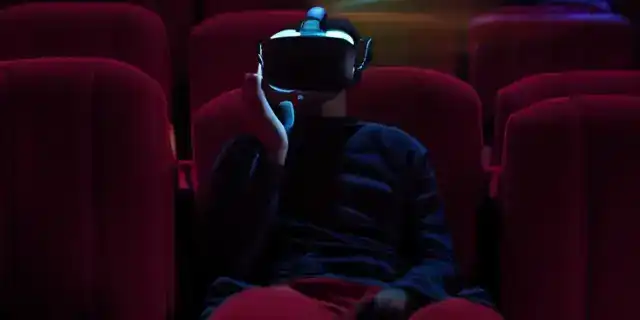
August 4, 2024
The Future of Cinema: Trends in Film Production, Distribution, and Audience Engagementthe ever-evolving landscape of cinema, driven by technological advancements, changing audience preferences and innovative storytelling approaches. The exhibition explores trends such as digital filmmaking, virtual production, the dominance of streaming services, hybrid release models, and the revitalization of cinemas.
Emily Willis
Health
View AllHeart disease is a leading cause of death globally, but early detection and prevention strategies can reduce its impact. This article discusses the importance of early detection, common risk factors, preventive measures, and lifestyle changes for heart health. Understanding heart disease, recognizing symptoms, and undergoing regular screenings are crucial. Common risk factors include high blood pressure, high cholesterol, diabetes, smoking, obesity, physical inactivity, and family history. Symptoms of heart disease include chest pain, shortness of breath, fatigue, irregular heartbeat, and swelling. Diagnostic tests and screenings include blood pressure measurement, cholesterol screening, blood glucose test, ECG, stress test, and imaging tests. Preventive measures include adopting a heart-healthy diet, regular physical activity, quitting smoking, managing stress, maintaining a healthy weight, and limiting alcohol consumption. Medications and treatment options may be necessary for individuals at high risk or diagnosed with heart disease.
Emily Willis
Regular exercise is essential for maintaining both physical and mental health. It helps with weight management, cardiovascular health, muscle strength, energy levels, and sleep quality. Exercise also reduces stress and anxiety, improves mood, cognitive function, and self-esteem, and lowers the risk of depression. Different types of exercises, such as aerobic, strength training, flexibility, balance, and mind-body exercises, contribute to overall health. To start and maintain an exercise routine, it is important to start slowly, set realistic goals, find enjoyable activities, stay consistent, and listen to your body.
Emily Willis
cultivating healthy lifestyle habits to improve overall well-being. It focuses on three pillars of well-being: nutrition, exercise, and sleep. It provides tips on how to incorporate these practices into daily routines, such as eating a variety of foods, finding enjoyable forms of exercise, and establishing a consistent sleep schedule.
Emily Willis
Trending 🔥
View All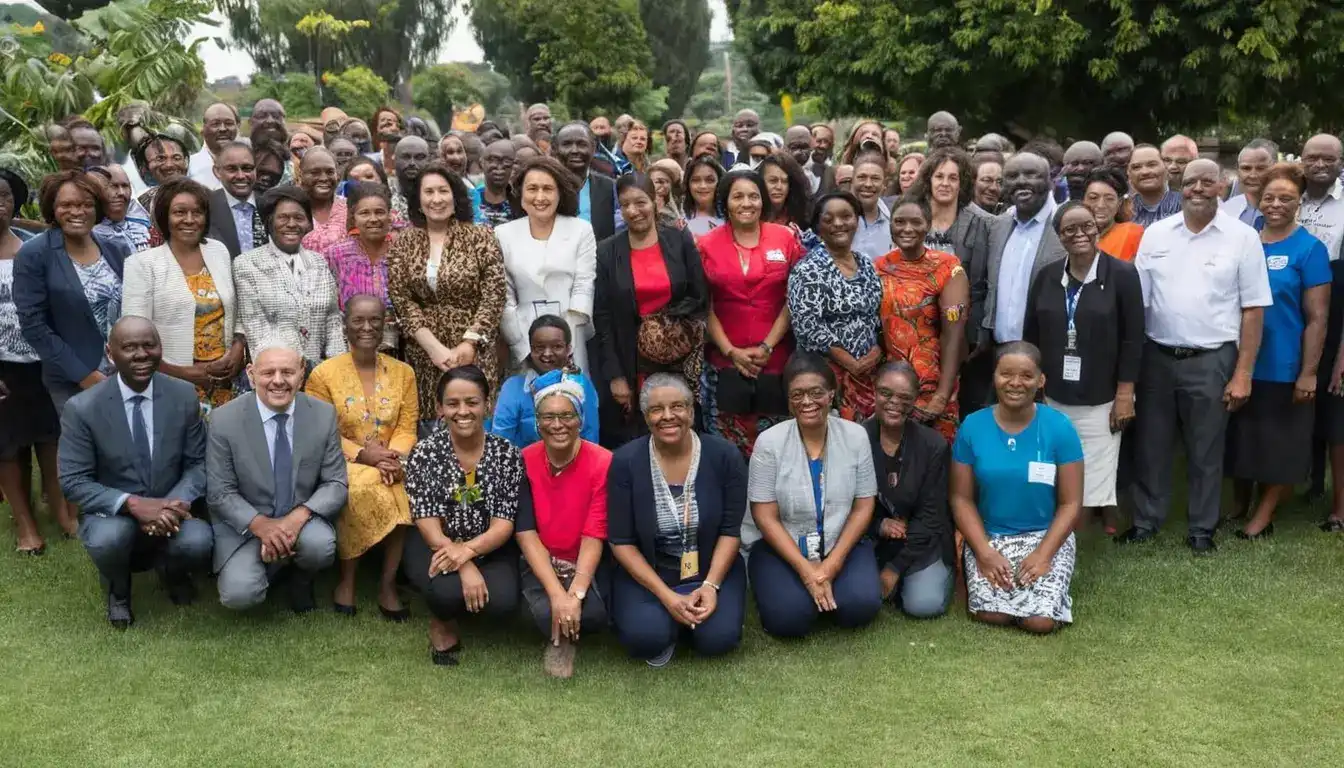
1
2
3
4
5
6
7
8
9
10
Technology
View All
August 4, 2024
Get to know Blockchain Technology and its Potential in the Future
Blockchain technology, initially known for its association with Bitcoin, has evolved into a versatile tool with applications beyond cryptocurrency. It is a decentralized digital ledger that ensures secure, transparent, and tamper-resistant transactions. Key features include decentralization, security, transparency, and immutability. Current applications include cryptocurrencies, supply chain management, smart contracts, digital identity verification, healthcare, and voting systems.
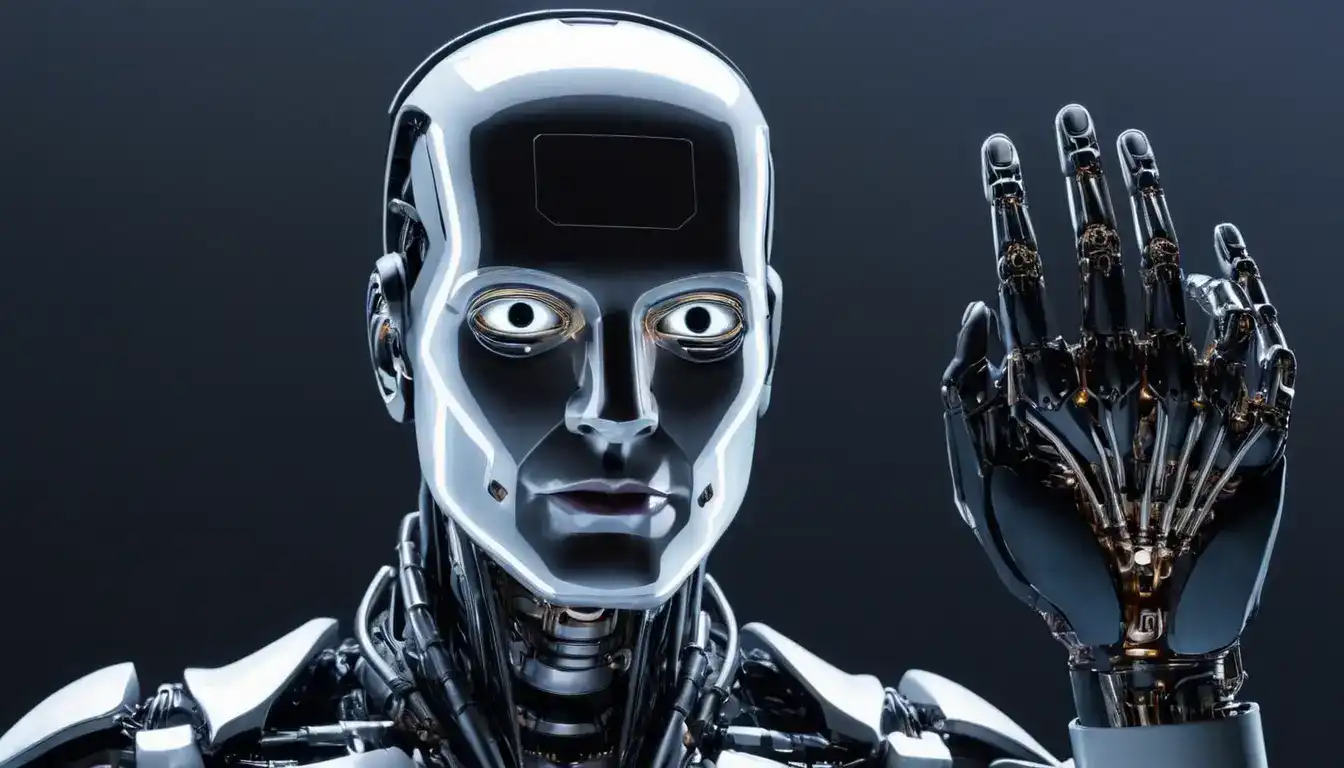
August 5, 2024
The Impact of AI on the Future of Work and Education
AI is rapidly advancing and reshaping industries, economies, and societies, especially in the areas of employment and education. In the workplace, AI is changing roles through automation and creating new job opportunities. The future of work will most likely involve collaboration between humans and AI, requiring workers to develop new skills and engage in lifelong learning.
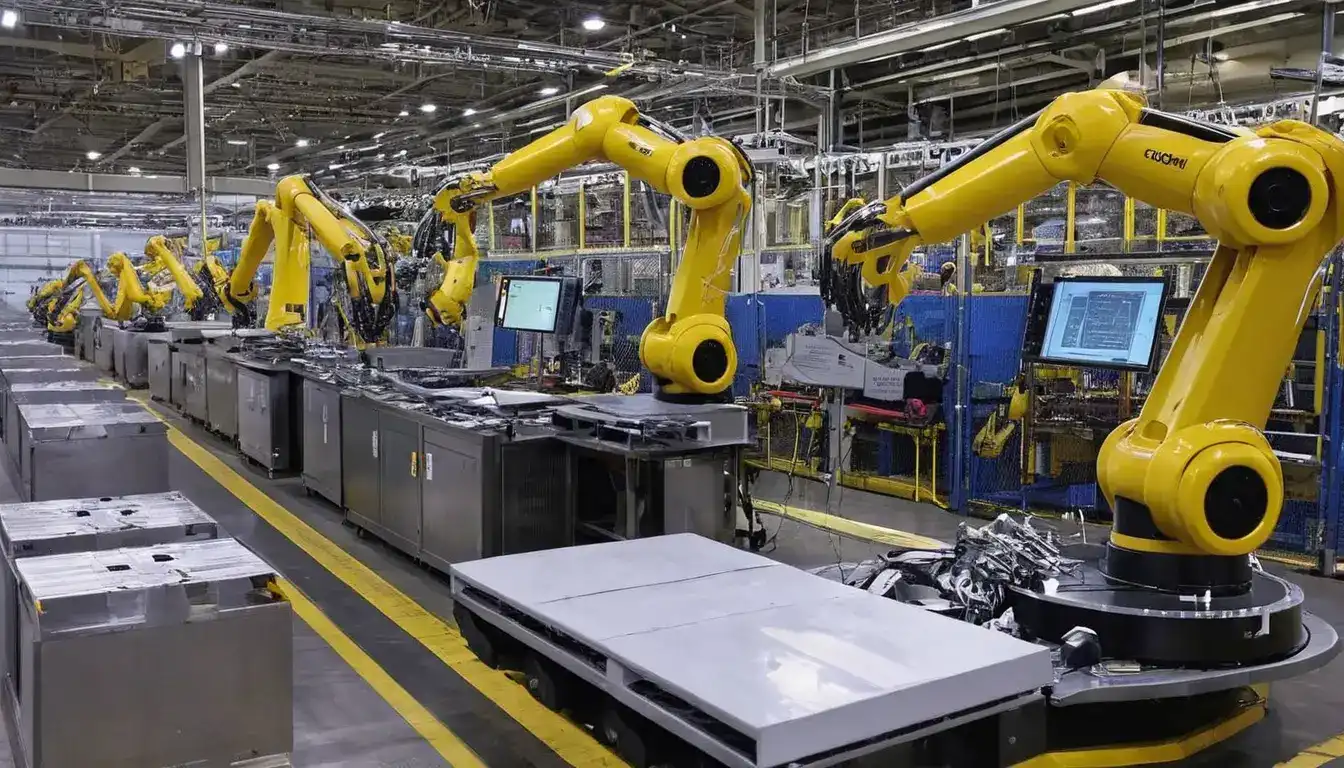
August 4, 2024
AI-Powered Robots Take Over Manufacturing Jobs: Is Our Workforce Prepared?
AI-powered robots are transforming the manufacturing industry, leading to increased efficiency and improved product quality. While concerns about job displacement exist, AI is more likely to transform jobs rather than eliminate them.

August 5, 2024
Best AR Apps for Interior Design
Discover the top AR apps for interior design and transform your space with ease! From furniture placement to paint colors, these innovative tools will revolutionize the way you decorate, making your home design dreams a reality







